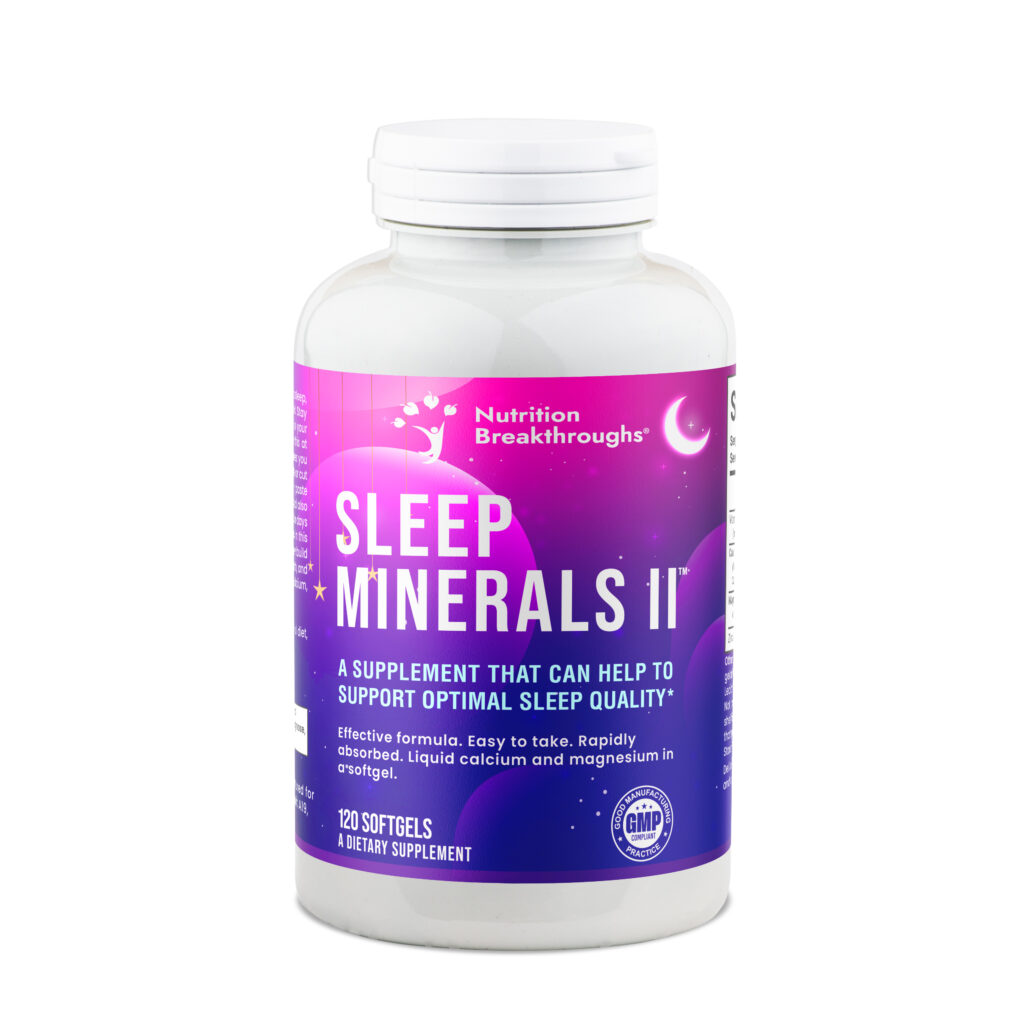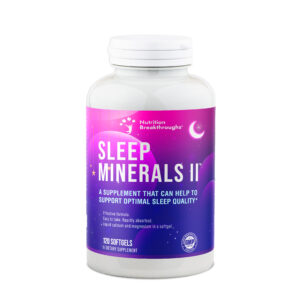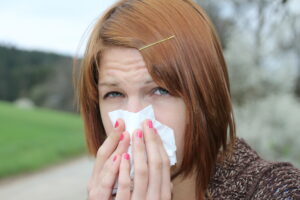 In a fast-paced world where sleep can sometimes feel like an unattainable luxury, finding natural ways to drift off peacefully can be a life-saver.
In a fast-paced world where sleep can sometimes feel like an unattainable luxury, finding natural ways to drift off peacefully can be a life-saver.
Thankfully, there are some drinks for sleep that are packed with ingredients that promote a deeper, longer-lasting rest. Have a look at these top 10 drinks that can help you achieve a night of restful slumber, featuring natural vitamins, minerals and herbs.
Chamomile tea
Chamomile tea is the superstar of bedtime drinks for sleep. It contains apigenin, a powerful plant substance that binds to areas in the brain to promote sleepiness and reduce insomnia Think of it as a gentle nudge towards your pillow (from a 2011 study).
Sour Cherry Juice for Sleep
Tart cherry juice is a natural source of melatonin, the hormone responsible for regulating the sleep and wake cycles. Research has shown that drinking tart cherry juice can significantly improve sleep duration and quality of sleep (from a 2010 study).
Warm milk
Warm milk isn’t just a comforting childhood memory. It’s rich in calcium and tryptophan, an amino acid that boosts melatonin levels, promoting sleep.
Almond Milk
Almond milk is a fantastic source of magnesium and calcium, both of which are crucial for good sleep. Magnesium helps relax the muscles and nerves and calms the body and mind (from a study in the Journal of Natural Medicine).
Banana Smoothie
Bananas are loaded with magnesium, potassium, and vitamin B6, which aid in the production of melatonin. Blend a fresh or frozen banana with one cup of milk or almond milk and a half cup of ice, and you’ve got a delicious, sleep-inducing smoothie (from the Role of Bananas in the Sleep-Wake Cycle; Journal of Food Science and Technology).
Lemon Balm Tea
Lemon balm, a member of the mint family, has been shown to reduce anxiety and improve sleep. Its calming effects can help ease you into a restful night’s sleep (from a 2006 study).
Golden Milk
Golden milk, made with turmeric, milk, and honey, is not only delicious but also packed with sleep-enhancing properties. Turmeric contains curcumin, which has been shown to reduce inflammation and improve mood, indirectly promoting better sleep (from a 2019 study).
To make golden milk, combine 1 cup milk (or almond, coconut, oat milk), a half teaspoon turmeric powder, and one teaspoon honey or maple syrup. Boil and then simmer for 3 to 5 minutes, cool and enjoy.
Oat Straw Tea
Oat straw is an herb rich in calcium, magnesium, and vitamins. It’s known for its calming effects on the nervous system, making it an excellent choice for a bedtime beverage (from Nutritional Neuroscience).
Passionflower Tea
Passionflower tea can increase levels of GABA, a brain chemical that helps reduce stress and promote relaxation (from a Phytotherapy Journal; meaning plant therapy).
Coconut Water
Coconut water is rich in magnesium and potassium. If there is a deficiency of these minerals, it can lead to insomnia, leg cramps, and more. Coconut water is high in minerals and is a hydrating and soothing option for winding down at the end of the day.
Sip, Relax and Sleep
Try whichever one first that is the most appealing to you and start with small amounts. Observe the effects it has on your sleep and see if it agrees with you. If it doesn’t help, try the next one. You will certainly find one or more natural drinks for sleep that will help you relax. If you are taking any medications, keep in touch with your doctor and let them know which drinks you are trying.
With these delicious and scientifically-backed drinks for sleep, you’ll be on your way to a peaceful, rejuvenating night’s rest. So raise a cup to sweet dreams, sleep well, and wake up refreshed and ready to tackle the day!
This health news is shared by Nutrition Breakthroughs, maker of the original calcium and magnesium based sleep aid Sleep Minerals II, and Joints and More, a natural supplement for joint relief, less aches and pains, stronger hair and nails, and more energy.
References













